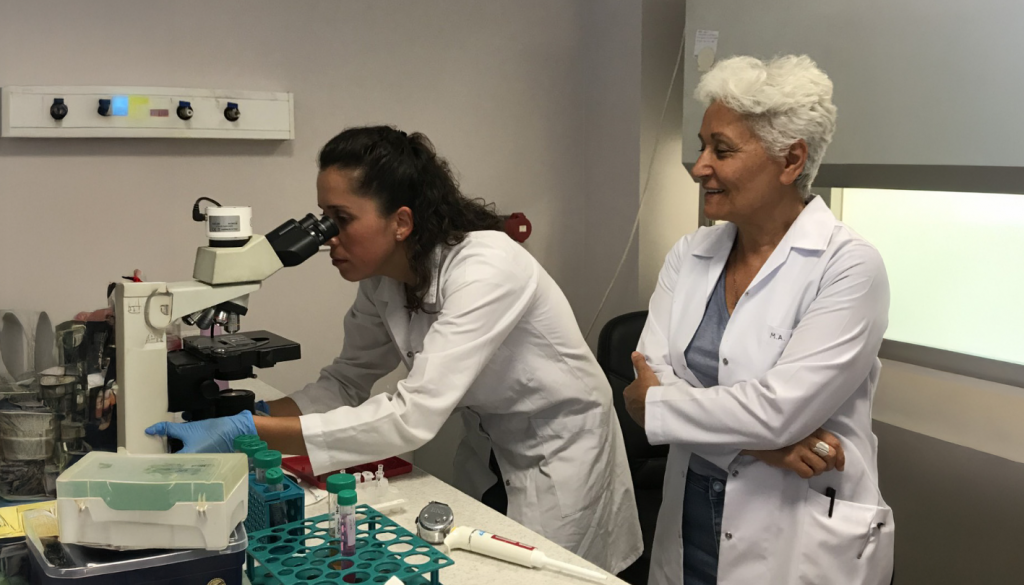
Oklahoma State University’s Nurhan Dunford is making a global impact right here in Oklahoma. As a professor in the OSU Department of Biosystems and Agricultural Engineering, and an oil/oilseed specialist at the Robert M. Kerr Food and Agricultural Products Center, Dunford is addressing some of the state’s most pressing environmental challenges with international recognition.
With more than 30 years of experience as an engineer and scientist across Europe, Canada and the United States, Dunford brings a unique perspective to sustainable food and agricultural processing. Recently, she was awarded the Fulbright Canadian Research Chair in Food Security, an honor that will take her to a Canadian university to collaborate on research focused on waste stream and by-product utilization.
The Fulbright Program, the United States’ flagship cultural and educational exchange initiative, has been building mutual understanding between nations since 1946. Fulbright Scholar Awards are among the most prestigious fellowships in the world, providing opportunities for scholars to teach and conduct research abroad while advancing U.S. public diplomacy.
“The reason I came to FAPC was to have the opportunity to educate students as well as work on research to make processing sustainable,” Dunford said.
Her research centers on optimizing the use of underutilized plant materials and agricultural by-products. These innovative methods aim to reduce waste, improve resource efficiency and create value-added opportunities for processors.
“This work is incredibly relevant to Oklahoma industries,” Dunford explained. “We’re helping food and ag processors manage waste better while protecting the environment.”
Her projects are shaping conversations around biomass energy, affordable technologies and resource-efficient production – issues that directly affect Oklahoma’s agricultural and food processing sectors.
Dunford’s journey began with a love for engineering, but her passion deepened as she saw firsthand the environmental toll of food processing. With her diverse background, she is able to approach research from multiple angles.
“My background allows me to be involved in several types of environmental and engineering issues,” she said. “It also helps me understand the real limitations producers face when it comes to value-added processing.”
Whether in the classroom, laboratory or international research settings, Dunford remains committed to one mission: making food processing cleaner, smarter and more sustainable for the future.
To learn more about FAPC workshops, services and resources, visit food.okstate.edu.

















